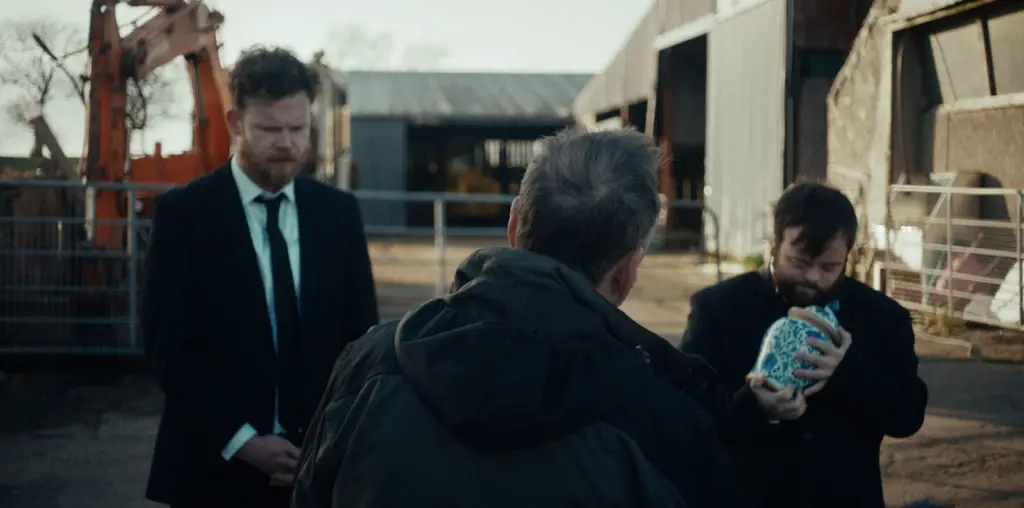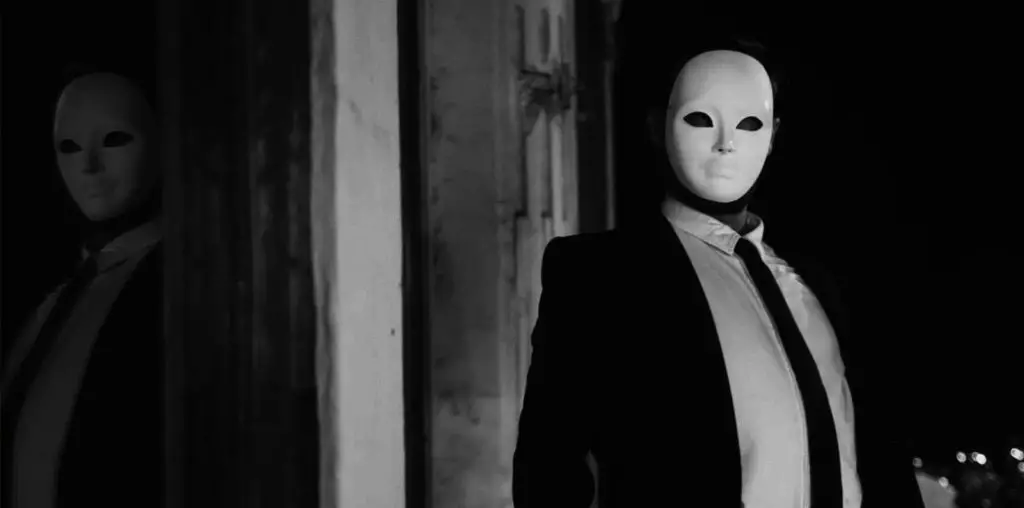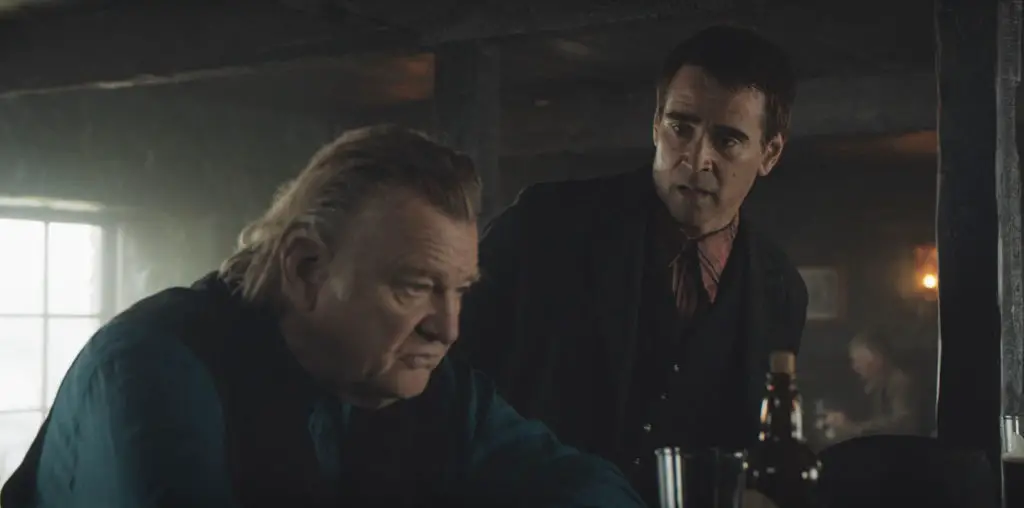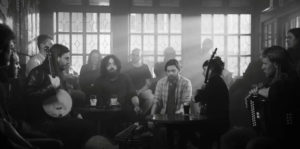
North Circular is a strikingly perceptive film. Writer-director Luke McManus has conceived a piece of cinema that is uncannily intelligent, from the cinematography to the themes, all the way down to the pacing. His design choices reflect this intellect, resonating deep into the documentary’s anatomy and evoking much in return. However, because the film focuses on aesthetics, some necessary real-to-life insight is absent — emotions thusly run deep but never quite hit the bone.
North Circular is a visual tour of Dublin’s North Circular Road, a major thoroughfare on the Irish capital city’s northern reach. The film examines different locales along the road and their troubled history through the stories of the people living there. Such locations include O’Devaney Gardens, an infamous housing estate akin to New York’s Bedford-Stuyvesant in terms of notoriety; Mountjoy Prison, a frequent for residents of O’Devaney; and the Cobblestone Pub, a community hub for drink and musical fare.
Like so many renowned Irish writers and musicians, the filmmaker infuses his film with a stark, beautiful visual identity. It is black-and-white and is shot in the bygone 4:3 aspect ratio. When combined with the themes of time, urbanization, and forgotten people, these design factors render a startling vision of modern Ireland. The narrative flows in a stream-of-conscious-like mode that seamlessly translates the wistful sentiment of passed time. This particular emotion is at the heart of the film. It suggests that, for Ireland, the problems of old are the problems of new — they are eternal and circular, like the road itself.
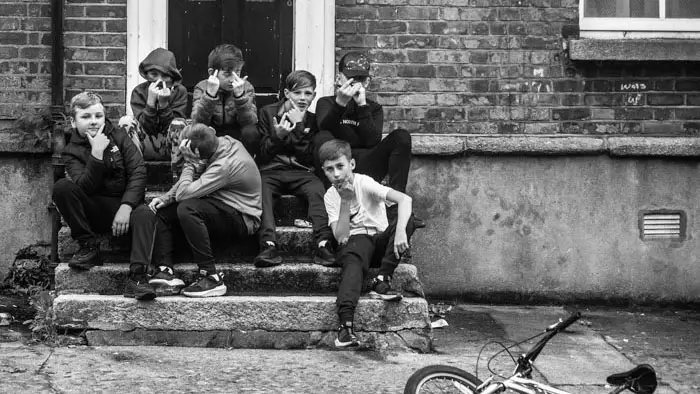
“… a visual tour of Dublin’s North Circular Road, a major thoroughfare on the Irish capital city’s northern reach.”
The strong cinematography further improves the experience, as does the even more confident manner of capturing the ordinary as exceptional. The personages McManus interviews come across as vital, real, and, more importantly, interesting. This is all polished by potent editing, which creates a genuinely felt cinematic sensibility.
Largely, North Circular feels like a testament to and an acknowledgment of those who still live on the road. No doubt, denizens of North Circular will connect to the documentary in a much deeper way than a foreigner. But therein lays the one great misgiving: it overindulges in style rather than substance, never giving enough insight into why things are as they are. Many of the issues raised, including poverty, crime, gentrification, and the like, are told from a single, isolated point of view. The people the film examines are subsequently made to seem like helpless figments before an unstoppable tidal wave of pragmatic capitalism. Just a tiny consideration for the greater societal mechanisms at work would bring much-needed clarity to the experience. But, even more, it would validate every ounce of the moody style.
Still, North Circular is a heartfelt feature, involved and thoughtful. It is well shot and, as mentioned, even better conceived. The themes are felt, not just talked about. To that effect, this is a wonderfully transportive experience. As a nameless old lady is quoted as saying, “When I get off the bus on the North Circular Road… it’s like walking into another dimension.”
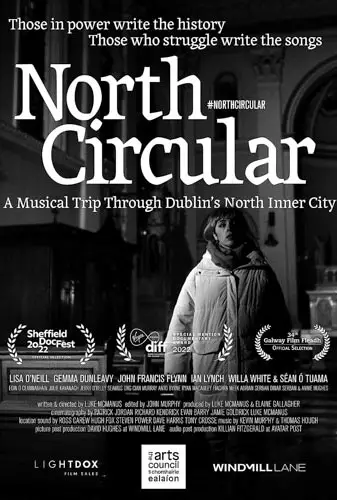
"…a heartfelt feature, involved and thoughtful."
